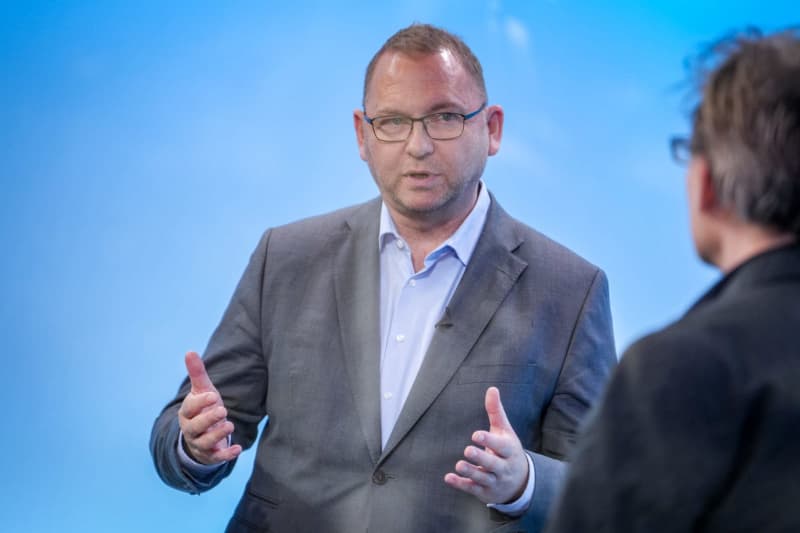Germany’s Verdi union has expressed concerns regarding the potential for large-scale repatriations of Syrians following the recent overthrow of dictator Bashar al-Assad. Verdi leader Frank Werneke, in a video interview, emphasized that such repatriations could be detrimental both to the individuals involved and to segments of the German labor market, highlighting that many Syrians have successfully integrated into society and are contributing to the economy. He believes that a careful and measured approach to the situation should be taken, advocating for the interests of both the refugees and the broader community.
Werneke underscored the importance of recognizing the contributions of Syrian refugees who have established themselves in various sectors, including retail, delivery services, and care work. Many of these individuals have joined the Verdi union, illustrating their commitment to the German workforce. The union leader’s perspective reflects a broader concern about the implications of large repatriations on the labor market, which benefits from the skills and experiences that refugees bring with them. He called for a systematic assessment of the conditions in Syria before making any decisions about repatriation.
The Verdi union also urged authorities in Germany and the European Union to actively monitor the evolving situation in Syria to ensure the safety and stability of potential returnees. In shaping a transitional government, Werneke stressed the need to consider the diverse ethnic and religious groups within the country, advocating for the establishment of as many democratic conditions as possible. This emphasis on democracy and inclusivity is crucial for providing hope and a viable future for the refugees currently residing in Germany.
Werneke noted a spectrum of sentiments among Syrians in Germany regarding the possibility of returning home. Many are relieved at al-Assad’s departure and are contemplating their future in relation to developments in Syria. However, he warned against hasty decisions, emphasizing the importance of understanding the actual situation on the ground in the aftermath of the regime’s collapse. The sentiment reflects a cautious optimism; while there is joy about political changes, there is also an awareness that stability is still a distant goal.
In addressing Syria’s plight, Werneke highlighted the vital role that unions must play in any future democratic framework. He pointed out that Syria has not had free unions for decades, a critical aspect of a functioning democratic state. Consequently, he sees it as a moral obligation for international unions and organizations like Verdi to assist in the establishment of independent labor unions in Syria. This effort would not only empower the workforce but also contribute to broader democratic governance within the country.
Werneke’s comments serve to amplify concerns about Syria’s current state, which has experienced devastating impacts from prolonged civil war and irremediable destruction. The conflict has resulted in significant declines in both industrial production and agricultural capacities. As costs for goods and services continue to spiral, the challenges facing Syria are immense. Werneke’s advocacy for unions and democratic reforms reflects a deeper commitment to rebuilding a war-torn nation with the support of those who understand the nuances of both labor rights and democratic governance. As discussions around repatriation and Syria’s recovery unfold, the role of organizations like Verdi will be crucial in ensuring that the transition benefits both the refugees and the wider labor market in Germany.

